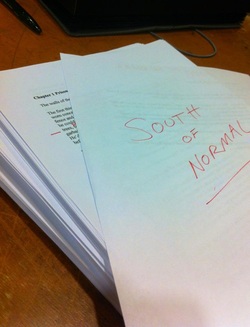
How important is rewriting? Neil Simon, maybe the most prolific American playwright and screenwriter, penned over 60 successful works in his career, winning him more Tony and Oscar nominations than any other writer. In 1998 he released a memoir of his life and career. What do you think he called it? Rewrites.
To be a good writer, you’ll have to edit with ruthless abandon. Put your words into the coliseum and let them fight it out to see who is victorious. They are the gladiators and the lions - let them wrestle in the dust for survival. You’ve done so much already by giving them a life on the page, but that’s your only responsibility; from there they need to exist on their own merit.
Here are 5 more tips to rewrite well:
11. The 10% Rule.
I learned from Stephen King, in his awesome book, On Writing, (a must read) that my goal is to clip 10% of my content every time I go through it. Wait, does that mean if I went through 10 times there would be nothing left? Obviously I’m a writer, not a math major.
12. Reread with an agenda in mind.
Every time I proofread I have an agenda in mind. One time it’s to focus on dialogue, the next time on characters, then action, etc. Of course you catch other things along the way, but it’s a little overwhelming trying to polish the whole manuscript at once without a specific focus.
13. No humor is better than mediocre humor.
86% of the population thinks they are funny, but only 127 people actually are. There’s really no such thing as “mediocre humor” – it’s an oxymoron. It’s either funny, or it’s not. Likewise, if you are funny, you can study and work your ass off to create funny writing, but if you are not funny, none of that will help. Reading badly written humor leaves a taste in your mouth like chewing on a towel at a public pool, so understand your strengths and weaknesses.
14. Pay attention to the passive vs. the active voice.
Strong writing is written in the active voice, no matter what tense you are using. You’ll slip with a lot of these, but catch them as you proofread.
I was going to the store to meet her. (passive)
I went to the store to meet her. (active)
15. Show, don’t tell.
This is the Holy Grail of writing advice, which you’ll hear so many times from ‘experienced’ writers, as they look down their long, aquiline noses at you and apply hand sanitizer liberally after shaking. I’ve had plenty of people tell me to “show, don’t tell,” but almost no one ever told me HOW to do that, because, of course, they don’t know either.
It’s simple – follow this checklist when you have something you want to convey to the reader, in order of effectiveness.
First: Can I reveal it in Dialogue?
Second: Can I reveal it by showing the character doing something? With Action, that would show well in a movie?
Last Resort: I, the writer, tell the reader in my Narrative voice.
So… if I’m trying to say that a female character is sad because her boyfriend broke up with her, I can do it these three ways:
Narrative: She was sad that he broke up with her. (sucks)
Action: She saw a couple walking into the movie theater holding hands, and looked down at the ground. (not bad!)
Dialogue: “Sundays mornings are always the hardest,” she said. (sniff sniff, I’m reaching for Kleenex)
Does that help? I hope so. What other rewriting advice do I have for you?
Have fun. Knowing that you’ll polish everything later frees you up to let go and write from your subconscious, not your rigid, outcome-obsessed brain. Let it fly. Get in the zone. Write through the crap, because it takes sorting through a lot of coal to get to a diamond.
And take notes. Keep a Word document open as a “slush file” while you write. Use it like a clipboard to store new ideas, a style sheet for names, sayings, dialogue quirks, what you’ve covered, outlines. Also clip and paste everything that you take out, so you might be able to use it somewhere else later on. You’ll be amazed what comes out of that slush file – including ideas for later projects, like maybe a book about rewriting? Hmmmm….
You won’t feel so bad about putting your words in the arena to get slaughtered if you know they might live to fight another day.
Drop me a line some time to share your writing tips and experiences with the pen and the page: [email protected]
Read Part 1 of this blog.

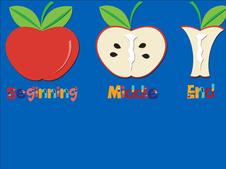


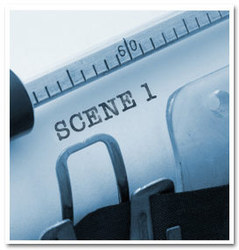
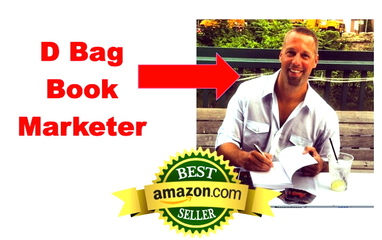
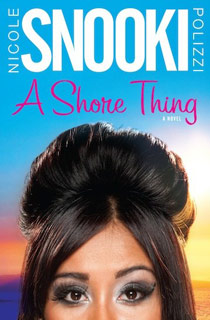
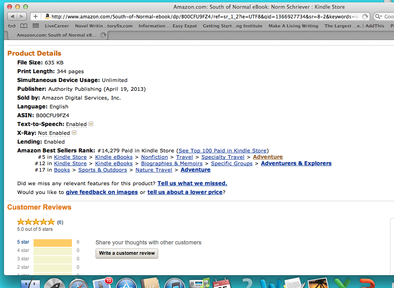

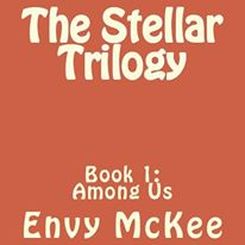

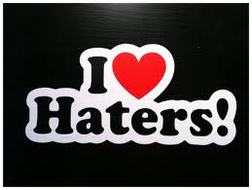
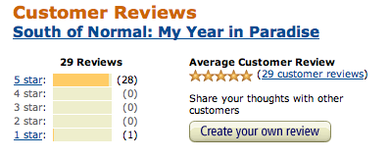
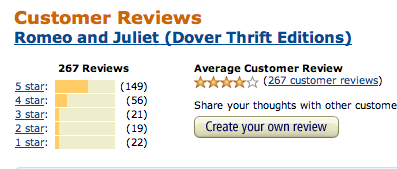
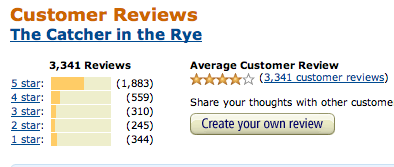
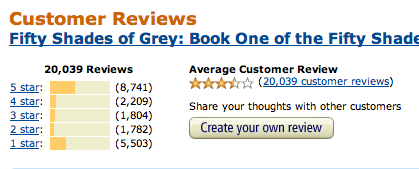
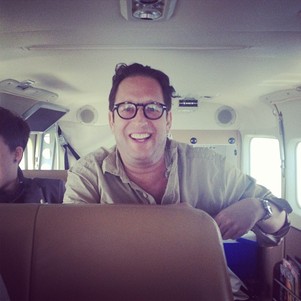


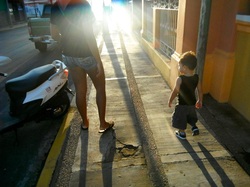



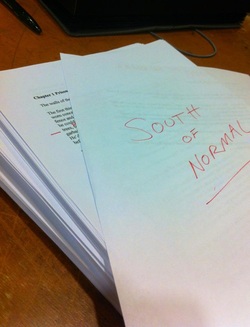
 RSS Feed
RSS Feed